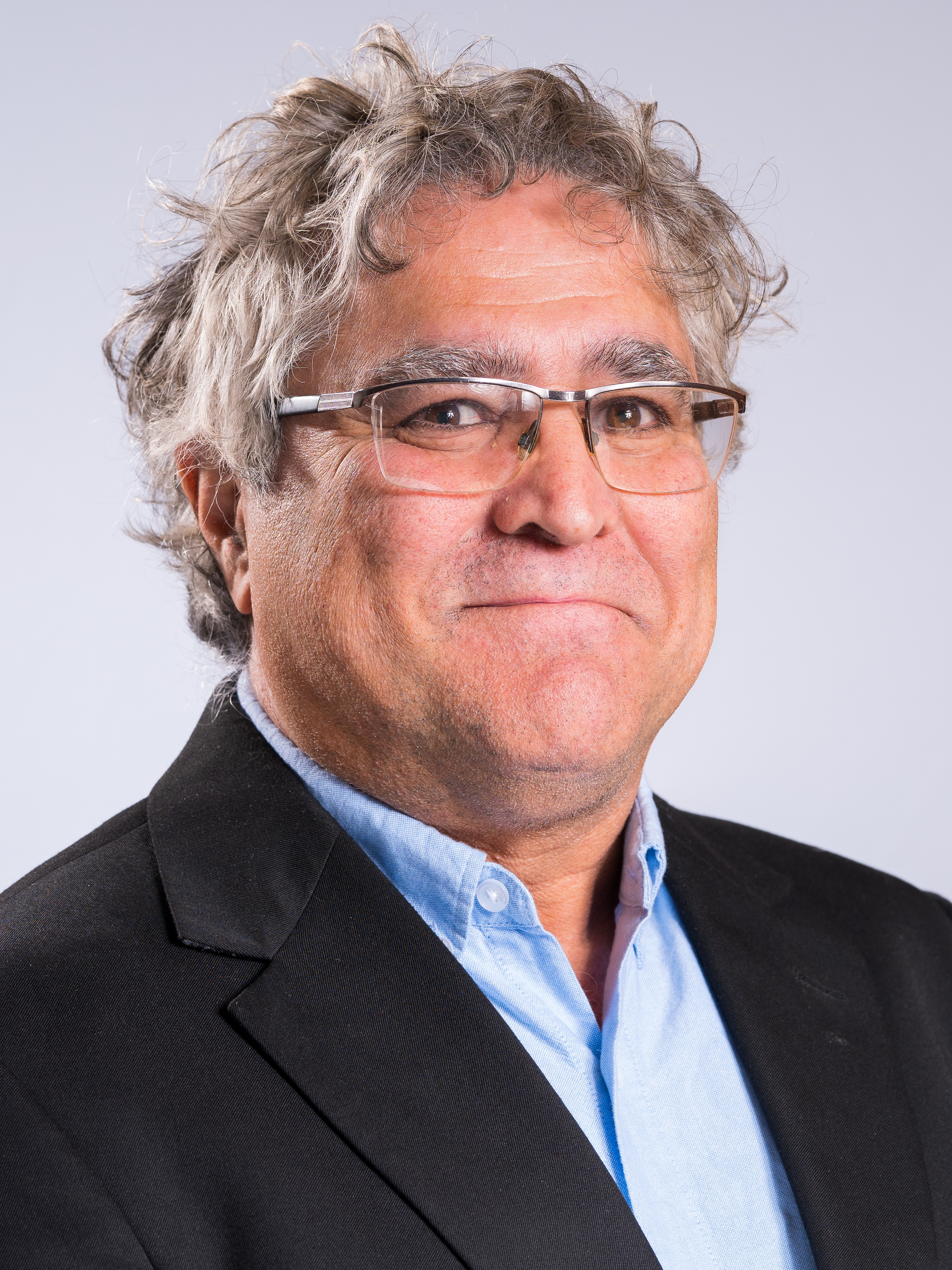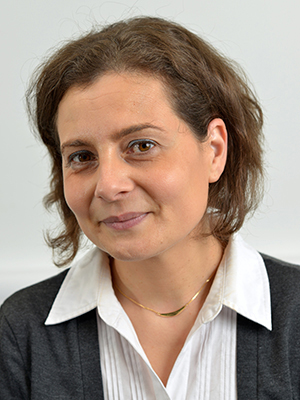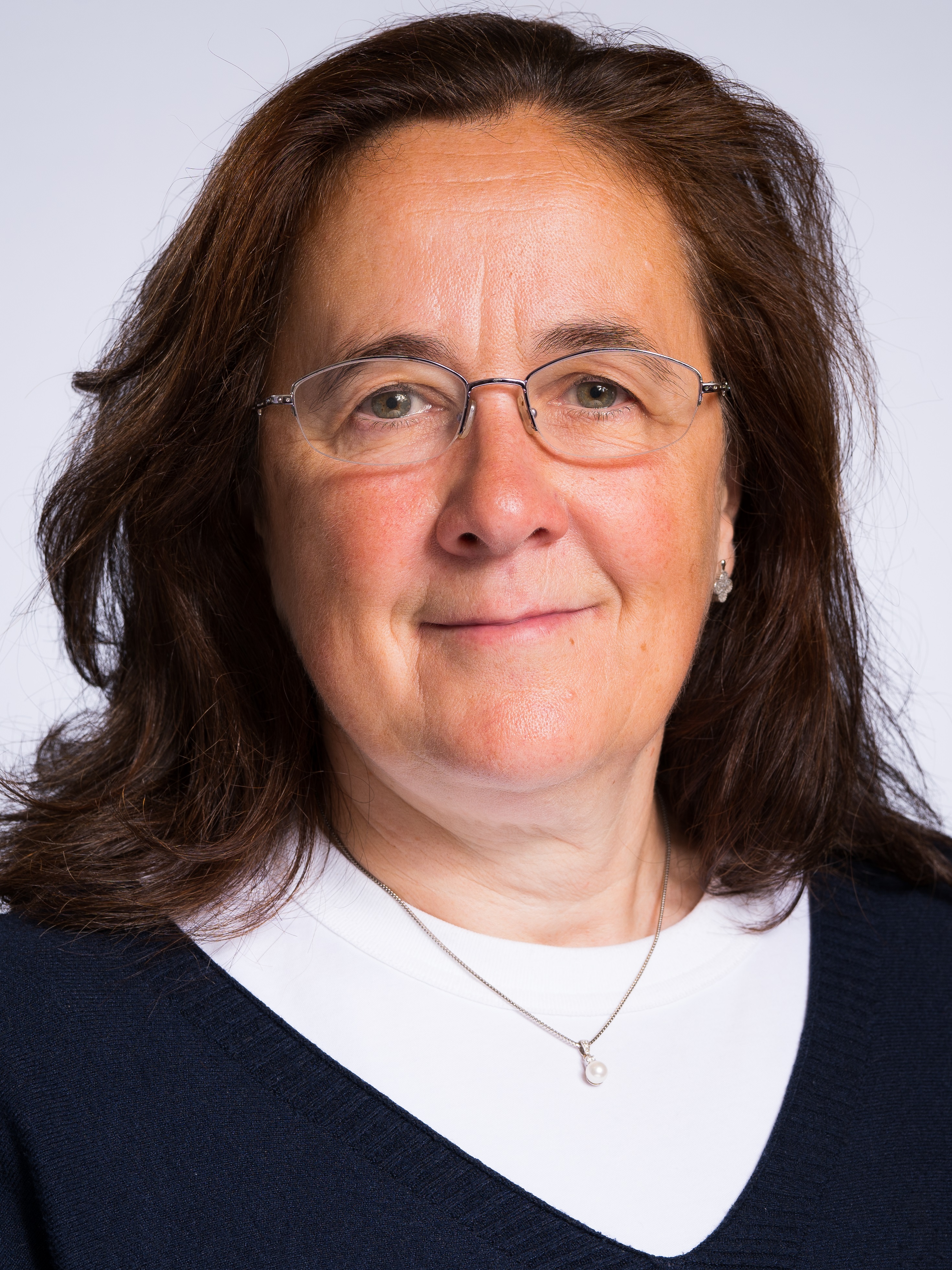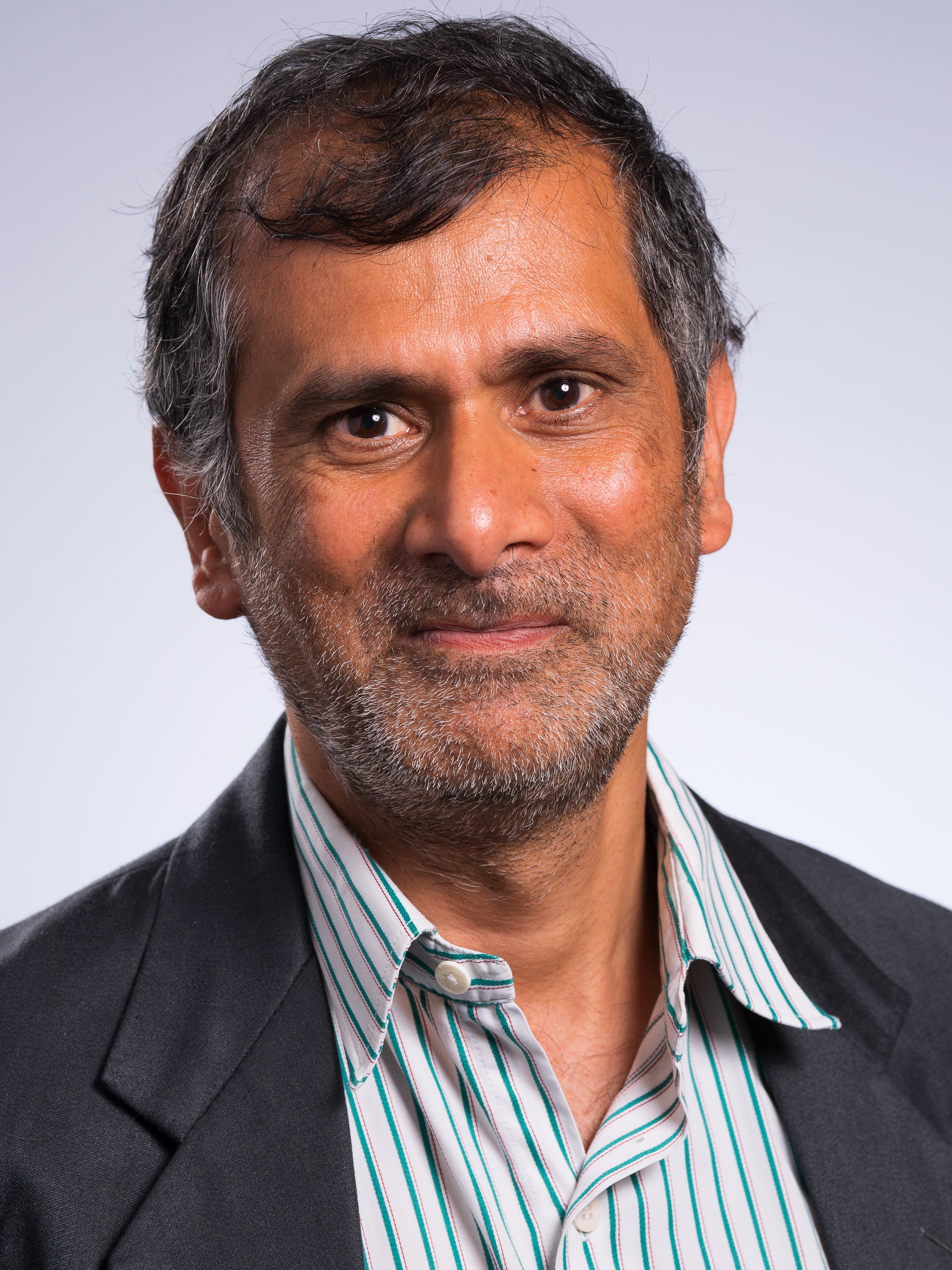Study options
- Starting in
- September 2025
- Location
- Mile End
- Fees
- Home: £12,850
Overseas: £29,950
EU/EEA/Swiss students
What you'll study
This MSc programme is designed to bridge the gap between traditional undergraduate study and the rigours of industry or a research-focused PhD, equipping students with the advanced skills and knowledge required for both paths. Through a combination of intensive hands-on training and in-depth lecture modules, students will build a strong portfolio of skills and gain the confidence to tackle complex chemistry challenges.
With a focus on applying modern chemical techniques to solve real-world problems, the programme provides training on state-of-the-art instrumentation commonly used in industry and academia, including nuclear magnetic resonance spectroscopy, chromatography, optical and mass spectroscopy, vacuum systems, scientific computing, and computational modelling.
At the heart of the programme is the Chemical Research Project – an opportunity for students to conduct original experimental or computational research under the guidance of an experienced academic supervisor. Projects are tailored to align with each student's interests and span a wide array of fields, including organic, inorganic, physical, computational, materials, medicinal, pharmaceutical, and analytical chemistry. Students will spend approximately 30 hours per week working alongside PhD students, postdoctoral researchers, and technical staff, gaining invaluable skills through collaborative learning and mentorship.
Structure
- Two elective taught modules from the list provided
- Twelve-month research project including a 20,000 - 30,000 written report
Compulsory/Core modules
This research project provides an exciting opportunity to carry out an original piece of experimental or computational research. The nature of each project will be determined through discussions between the student with their academic supervisor but should be in the area of organic, inorganic, physical, computational, materials, medicinal, pharmaceutical or analytical chemistry, or a combination of these disciplines. The work also involves an in-depth and critical evaluation and dissemination of the relevant literature associated with the topic and methodologies employed.
Elective modules
This module is designed to give students an understanding of nanomaterials and nanoscience from inorganic and physical chemistry perspectives. The module includes an introduction to colloidal systems and their applications, as well as insight into nanochemistry, with several examples of nanoscience applications. An overview of physical chemistry and synthesis of colloids with a clear link to practical applications such as medical diagnostics and drug delivery will be included. An introduction into interfacial phenomena, the electrical double layer and intermolecular (van der Waals) forces of significance for colloidal stability are given. Important phenomena such as colloidal stability (steric and charge stabilisation), adsorption, adhesion, self-assembly, diffusion, stability electrophoresis and aggregation will be covered. Techniques such as light scattering, small and wide angle X-ray and neutron scattering and electron transmission techniques, as well as the rheology of these systems will be covered. Methods of measuring particle/crystallite size are also discussed. Various examples in pharmaceuticals and natural products design will be discussed. The synthesis and applications of inorganic nanomaterials including nanocomposites and colloidal dispersions will be discussed. The main properties of nanomaterials will be discussed (electronic, optical, catalytic, mechanical and magnetic properties), always including the comparison between 'nano' and 'bulk' properties.
The discovery and development of new drugs is critical for improving human health and treating a wide range of diseases. Medicinal chemistry plays a vital role in the drug discovery and development process by providing the fundamental knowledge and principles necessary to design and optimize drugs with improved efficacy and safety profiles. This module equips students with a comprehensive understanding of the principles and concepts of medicinal chemistry, including drug targets, drug-receptor interactions and pharmacology. Students will develop the skills necessary to design and optimize drugs with improved efficacy and safety profiles. By the end of the module, students will be able to critically evaluate the impact of medicinal chemistry on drug discovery.
This module covers the main molecular modelling techniques used in drug discovery, with emphasis on structure-based approaches. Topics include protein structure, protein-ligand interactions, classical force fields, homology modelling, molecular docking, structure-based virtual screening and molecular dynamics simulations. Practical lab sessions will complement face-to-face teaching and provide the students with the opportunity to use a range of popular modelling tools for drug discovery and assess their performance.
This module covers key concepts of scientific programming including variables, data structures, control flow, regular expressions, functions and libraries for data analysis and visualisation. Use of coding to query chemical databases will also be introduced. Face-to-face teaching will be followed by practical sessions in the computer lab, where student will have the opportunity to build their coding skills and apply them to data analysis and visualisation in the context of drug discovery using an integrated development environment such as JupyterLab. The module does not assume any previous knowledge/experience of programming.
The module covers fundamental concepts of machine learning with emphasis on the development of practical skills required for the selection and application of machine learning methods to defined problems. Topics include data representation and preparation, unsupervised learning methods, regression and classification methods, artificial neural networks and performance evaluation. Face-to-face teaching will be combined with extensive hands-on sessions in the computational lab.
Assessment
- 17% Modules
- 83% Dissertation
Dissertation
The final project is a chance to conduct in-depth and independent research on a topic of interest to you and your career goals. If you would like to speak to someone about potential research projects, please contact c.giordano@qmul.ac.uk
Recent project titles include:
- Polymers for bioelectronic sensors
- Computational study of dynamic binding pockets in proteins involved in heart contraction
- The identification and analysis of new natural products from cyanobacteria with relevance to neurodegenerative disease
- Structure and Properties of Gallium Phosphate Glasses for Novel Bone Cements
- CO2 transformation to added-value chemicals catalysed by semi-amorphous metal-organic materials
- Converting heat to electricity with organic polymers
- Developing positive allosteric modulators for the 5-HT2C receptor as a tool to treat obesity
—80% of the Chemical Research MSc consists of a research project, which made my experience really worthwhile and helped me gain an insight into the world of academia. You have the freedom to choose which academic you wish to work with and take the time to complete a project thoroughly. The passion of the academics at Queen Mary was inspiring and it really helped guide me in my choice to continue onto a Chemistry PhD.
Ekaterina Gousseva - MSc Chemical Research (2017)
Teaching
Our interdisciplinary approach offers blended educational pathways, including lectures led by internationally recognised academics and a large percentage of practical training.
You will spend a large amount of your time working on a major individual research project. This research work is supplemented by a programme of lectures and workshops.
We invest in both your educational and personal development, and you will be assigned an Academic Adviser who will support you during your studies.
Where you'll learn
Facilities
At Queen Mary you will have access to a number of advanced facilities, some of which are designated exclusively to postgraduate students.
- Advanced level facilities, including 600MHz NMR, X-ray facilities and cryo-EM.
- Mass spectometry lab, which provides a range of analytical tests including structural analysis of small molecules, protein identification, sequencing of peptides and proteins, lipidomics and metabolomics analysis, and absolute and relative quantification of biomolecules in complex matrices.
Campus
You’ll spend most of your time at Queen Mary’s Mile End campus in exciting east London. Mile End is the heart of our lively student community. Here you’ll be able to study and socialise with students and staff from over 160 countries around the world.
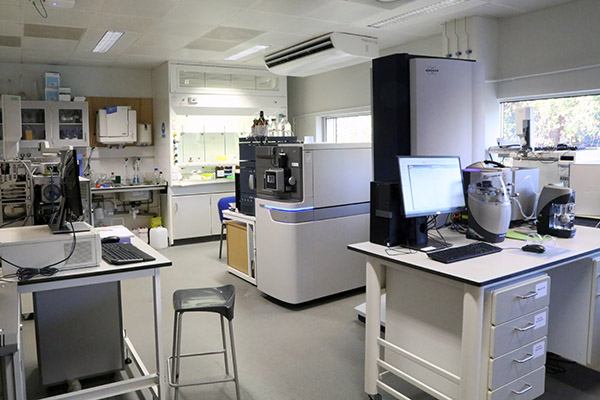
About the School
School of Physical and Chemical Sciences
The School of Physical and Chemical Sciences (SPCS) is known for its world-leading research, and you’ll be learning from scientists at the forefront of their field. We’re also known for our outstanding teaching, which was recognised with a LearnSci Teaching Innovation award in 2021.
We’re a friendly, international and intellectually-curious community. And we’re looking forward to helping you thrive in your area of study and research.
Career paths
During your studies you'll have access to support at every stage in your degree, including one-to-one academic guidance, tailored workshops and external guest speakers. Graduates of this course are well-placed to progress onto PhD research or careers in industry, consultancy and conservation.
Graduates from this course have progressed to:
• PhD programmes at different Universities, including Queen Mary
• IBM as Technology Consultant
• Applied Nanodetectors Ltd as Nanotechnology Scientist
Fees and funding
Full-time study
September 2025 | 1 year
- Home: £12,850
- Overseas: £29,950
EU/EEA/Swiss students
Conditional deposit
Home: Not applicable
Overseas: £2000
Information about deposits
Part-time study
September 2025 | 2 years
- Home: TBC
- Overseas: TBC
Conditional deposit
Home: Not applicable
Overseas: £2000
Information about deposits
Queen Mary alumni can get a £1000, 10% or 20% discount on their fees depending on the programme of study. Find out more about the Alumni Loyalty Award
Funding
There are a number of ways you can fund your postgraduate degree.
- Scholarships and bursaries
- Postgraduate loans (UK students)
- Country-specific scholarships for international students
Our Advice and Counselling service offers specialist support on financial issues, which you can access as soon as you apply for a place at Queen Mary. Before you apply, you can access our funding guides and advice on managing your money:
Entry requirements
UK
Degree requirements
A good 2:2 (55% or above) or above at undergraduate level in Chemistry or a degree with a significant Chemistry component.
Applicants with a 2:2 will be considered on an individual basis.
Additional information
Please note that this programme may require ATAS, find out more here: https://www.qmul.ac.uk/welfare/visas-international-advice/visas-for-study/atas/
Find out more about how to apply for our postgraduate taught courses.
International
English language requirements
The English language requirements for our programmes are indicated by English bands, and therefore the specific test and score acceptable is based on the band assigned to the academic department within which your chosen course of study is administered. Note that for some academic departments there are programmes with non-standard English language requirements.
The English Language requirements for entry to postgraduate taught and research programmes in the School of Physical and Chemical Sciences falls within the following English band:
Band 4: IELTS (Academic) minimum score 6.5 overall with 6.0 in each of Writing, Listening, Reading and Speaking
We accept a range of English tests and qualifications categorised in our English bands for you to demonstrate your level of English Language proficiency. See all accepted English tests that we deem equivalent to these IELTS scores.
Visas and immigration
Find out how to apply for a student visa.
If you're an international student you'll need to get ATAS (Academic Technology Approval Scheme) approval, which will extend the visa application process by 2-4 weeks. Find out more about ATAS

